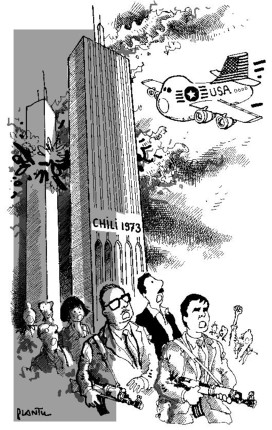by Valarie Kaur, ’03
On June 15th, 2013, alumna Valarie Kaur, gave the Baccalaureate Address to the Stanford Class of 2013. Kaur is an award-winning filmmaker, civil rights advocate and interfaith organizer, and this is what she had to say:

President Hennessy, Dean McLennan, professors and staff, family and friends, and the Class of 2013, it is a profound gift for me to return to Stanford to address you. Ten years ago, when I stood in this spot to deliver the student address, I believed what they always tell us on graduation day – that your Stanford education empowers to change the world, that we are the ones we have been waiting for. But what they don’t tell us in college is just how dangerous the journey might be and what that courage might cost.
So I could tell you the story of how I found my passion in a classroom in the Main Quad right over there, or how I snuck a raft onto Lake Lag in the middle of the night, or how I survived SLE [Stanford’s Structured Liberal Education program].
But the story I must tell you today begins in crisis. Continue reading


